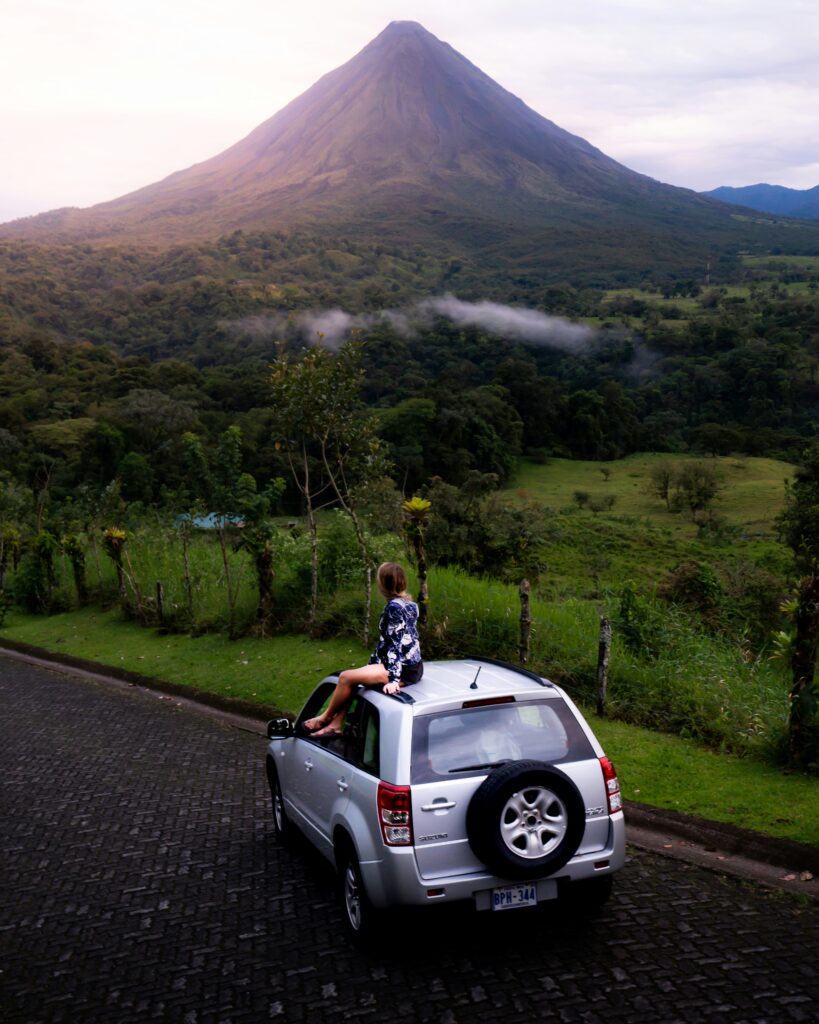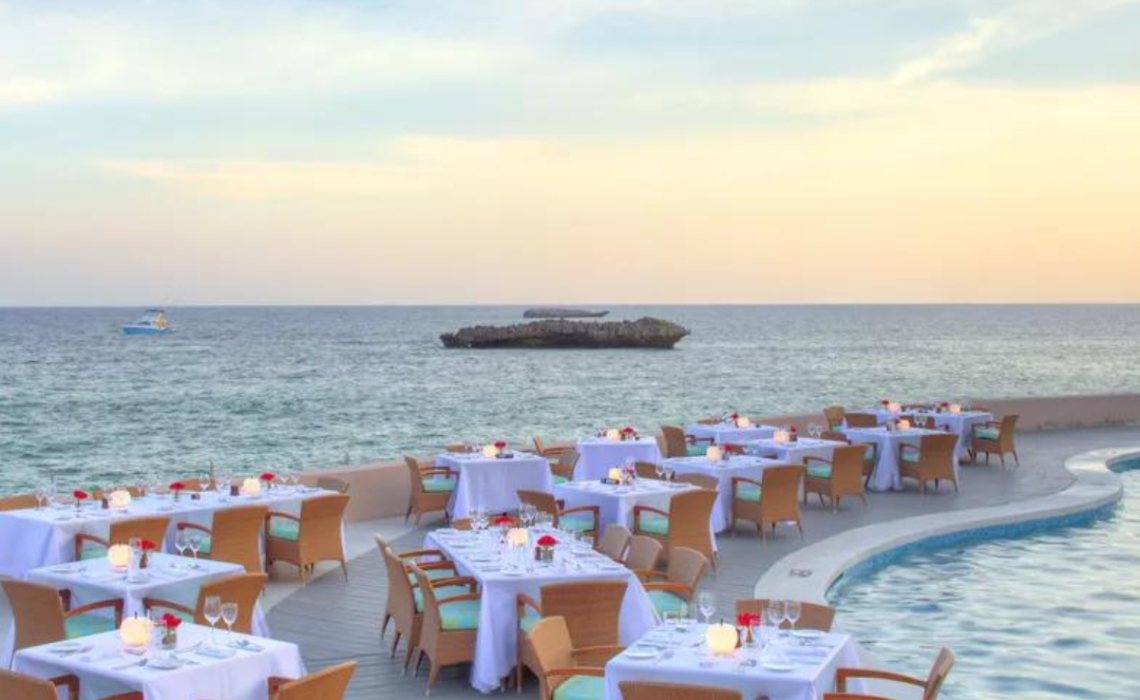More than ever, people are looking for sustainable travel options. And that’s where ecotourism shines.
What is ecotourism?
At its heart, ecotourism is about travelling mindfully and protecting local ecosystems and economies. It can be as simple as practicing sustainability wherever you go, or it can be more complex:
- One ecotourism company, Maple Leaf Adventures, takes travellers on extended tours to various parts of British Columbia, Canada, and Alaska, USA—often to places that are remote and nearly untouched. Ambitious tourists get a rich experience immersed in and learning about the ecosystem and may even see local naturalists and scientists in action.
Ecotourism can protect ecosystems and boost economies
As people experience and learn about the world around them, it’s only natural (pun intended!) to fall in love with and want to protect it:
- Ecotourism can lead to preservation through public interest, knowledge sharing, and subsequent activism. Marvin Robinson, owner of Gitga’at Spirit Tours, an ecotourism company that takes guests on an expedition to the Great Bear Rainforest to see the rare White Spirit Bear, has seen firsthand how this works. He told the Globe and Mail that when the “Enbridge Northern Gateway pipeline project was at their doorstep,” embracing ecotourism and “public interest in the spirit bear… saved [the] territory from oil tankers”.
- Proceeds from ecotourism can also fuel local economies and fund local research.
Complications with ecotourism
Of course, ecotourism can have environmental ramifications, too: even building a single road can disrupt wildlife patterns by deterring animals from accessing nearby resources, contributing to landslides, harmful runoff, and more. The Narwhal
If something as seemingly insignificant as a single road—a necessary accommodation to access tourist sites—can so disrupt an ecosystem, one has to ask: what other disruptions might ecotourism bring? And how do we ensure that the benefits of ecotourism outweigh the possible consequences?
How to do ecotourism well
Ready to save (and savour) the world at the same time? Here are a few principles to keep in mind when practising ecotourism:
- Remember the three pillars of ecotourism and use them as your guide: conservation, communities, and education. When making decisions, ask yourself: do my travel plans align with and support all three pillars?
- Be conscious of water use and bring reusable items
- Support local businesses and organizations that are involved in regenerative practices


